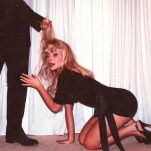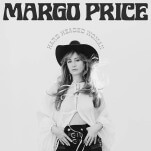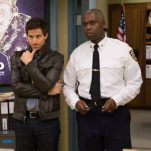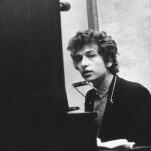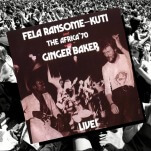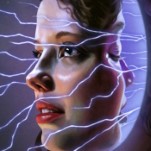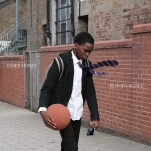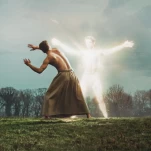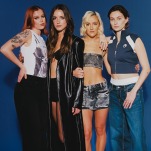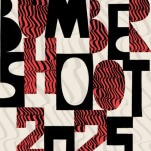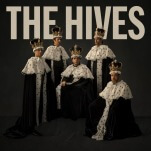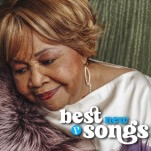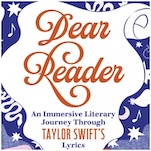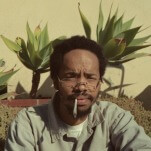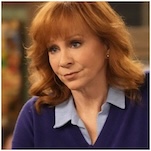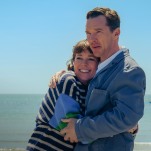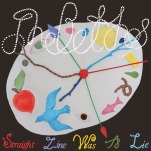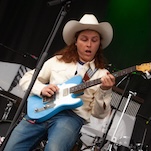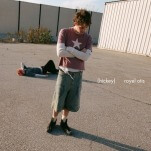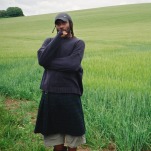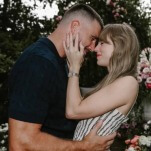Brittany Howard Finds Confident Success on What Now
The Alabama Shakes frontwoman proves even further that she is a sensational solo act on her much-anticipated follow-up to 2019’s Jaime.
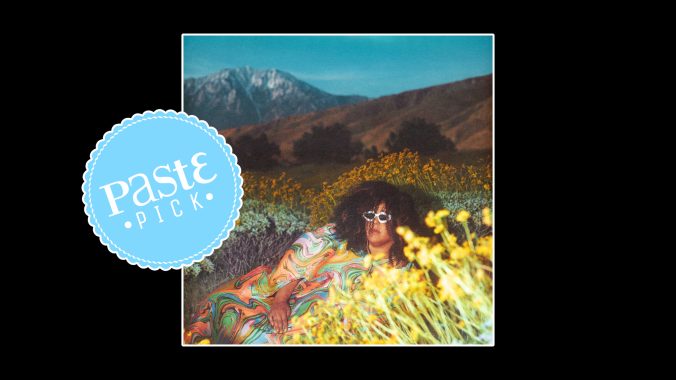
Former Alabama Shakes frontwoman and Grammy Award winner Brittany Howard proved her mettle on her first solo album Jaime in 2019. Now, on her follow up, What Now, she has reminded fans (both old and new) that she’s one of the toughest songwriters we’ve got. Relationship blues, healing, making sense of self-sabotaging patterns in friendships and romance are all explored through a jazzy, upbeat, audacious and vulnerable lens on What Now. The album is trimmed of subcutaneous sound, rounding out at just under 38-and-a-half minutes. Howard is here for a good time, not a long time, and bluesy earworms like “Prove It To You” and “Power To Undo” get under your skin, fizzle in your bloodstream and get your toes tapping and then, as cleanly as they began, wrap up neatly.
Her pop-friendly roots-rock finds a conspirator in long-time producer, collaborator and six-time Grammy winner Shawn Everett, who was at the deck for Jaime after working his magic with Alabama Shakes (winning a Best Engineered Album Grammy for the band’s 2015 release Sound & Color). If anyone has justified the term “super producer,” it’s Canadian Everett, who had a massive 2023—working with Miley Cyrus, Chelsea Wolfe, Hozier, Kesha, Black Pumas and SZA, amongst others. He co-wrote, produced, recorded and mixed What Now, giving Howard the opportunity to explore a fusion of jazz, psychedelia, gospel and synth-pop while keeping the throughline in sight throughout.
A sweet solemnity opens What Now, with a cascade of gospel-style layered harmonies falling over a gentle drum pattern on track “Earth Sign.” It prefaces Brittany Howard’s maturing as an artist and a woman, reminding us that however flawed and candid she is going to get on this album, she is ultimately grounded and at home in her body and her story thus far. It’s an album designed to be listened to according to the tracklisting, with the intro of the following song often kicking in at the finale of the song before so that the transition is organic. “Out there, there’s a love waiting for me,” sings Howard on “Earth Sign.” “But, will I know? Will I know when I feel it?” The tangled mess of love, breaking up, making up, toxic lovers and losing yourself in relationships is given an upbeat soundtrack that is gorgeously layered and provides ample room for Howard to croon rather than holler.
-

-

-

-

-

-

-

-

-

-

-

-

-

-

-

-

-

-

-

-

-

-

-

-

-

-

-

-

-

-

-

-

-

-

-

-

-

-

-

-

